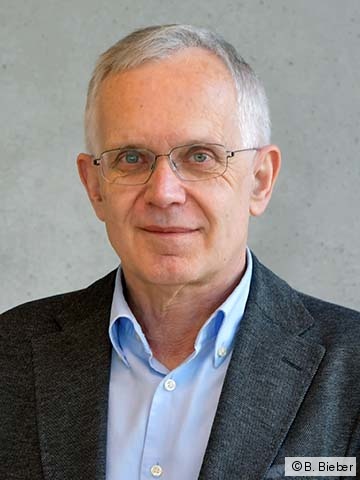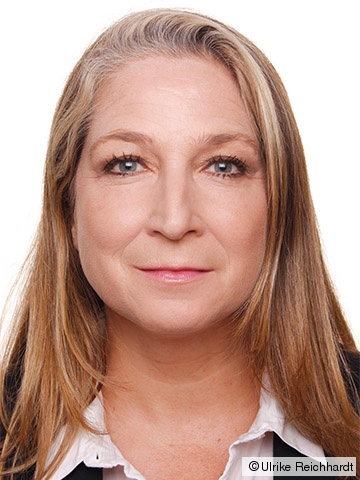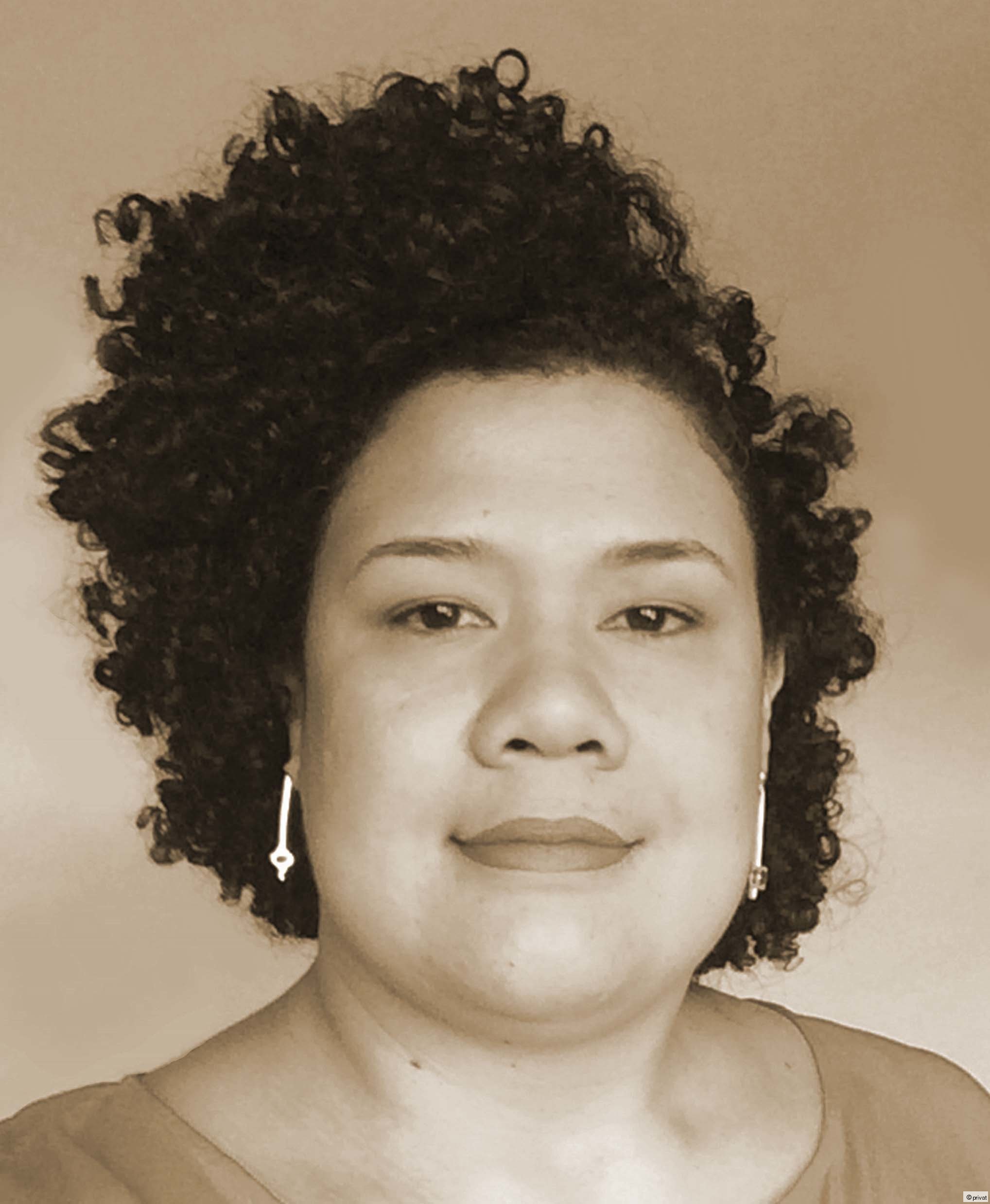Goals
Besides the overall objectives of the project, Frankfurt University of Applied Sciences aims to achieve the following set of targets:
Exploitation and integration of experiences of the German reference city Frankfurt am Main
Exchange of knowledge and know-how between the German and the international cities
Integration of the RP planning methodology into overall spatial and urban planning practice
Adaptation of RP approach to municipal administration structures and procedures
Capacity building and knowledge transfer methods and materials
Development of workshops/ training units for administrations, the public and academia
Transferability, dissemination and valorization of results, knowledge and methodologies
Tasks
Frankfurt University of Applied Sciences takes part in the following work packages of the project:
Coordination
Framework data and information
Developing the RP trans-sectoral methodology
Integrating RP methodology into spatial planning and urban development procedures
Municipal administrative structures and economic effects
RP "entry projects" in the case cities
Capacity building/ training units
Transferability and feedback loop
Dissemination and valorization of results
Results
Five results are to be met by Rapid Planning in five years:
Realizing a trans-sectoral planning tool (strategy, methodology and practice) in the case cities with a maximum level of readiness for application in other cities
Initiating a shift in the structure of urban authority, management and administration as well as in the way of thinking and decision-making – all to be done with special regard to trans-sectoral resource efficient planning
Establishing a thorough capacity building for administrations, academia, public and exchange activities in the targeted cities to better integrate the trans-sectoral approach
Installing a feedback loop and constant checking of transferability
Providing verified data bases for the methodology development, which include:
Physical (climate, morphological, etc.), human (political, socio-economic, population, etc.) and geographic data
Information on supply and disposal infrastructure
Information characterizing legislation and policy framework of the case-cities




